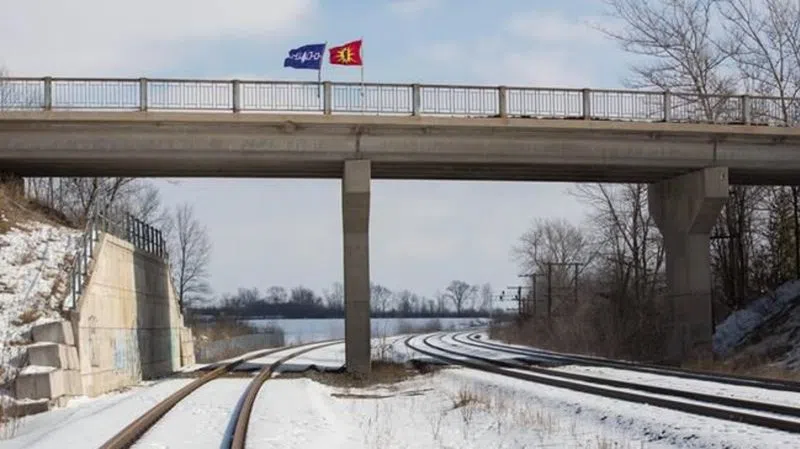
Chiefs head to court over pipeline as supporters take to streets in protest
Two hereditary chiefs from a British Columbia First Nation at the heart of a wave of national protests launched a constitutional challenge of fossil fuel projects on Wednesday as Prime Minister Justin Trudeau called for demonstrators to observe the rule of law.
The challenge calls on the Federal Court to declare that Canada is constitutionally obliged to meet international climate change targets, which the chiefs contend would cancel approvals for a natural gas pipeline that runs through traditional Wet’suwet’en territory in northern B.C.
“If Canada is allowed to continue approving infrastructure for fracked gas projects on a 40-year timeline, our territories will become a wasteland before the project licenses expire,” Chief Lho’imggin, who also goes by Alphonse Gagnon, said in a statement.
“As house chief it is my responsibility to protect our house territory. We’re asking the court to get Canada to act before it is too late.”
